Researchers highlight creativity of Vietnamese amidst COVID-19 pandemic
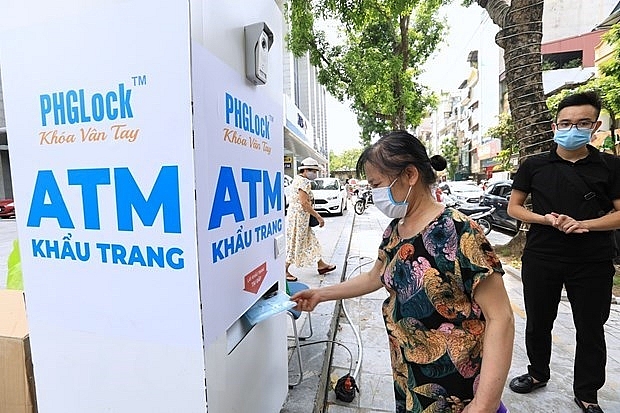 |
| A mask ATM in Hanoi (Photo: VNA) |
Sydney – Tran Ba Linh, a researcher from the University of Bath and Robyn Klingler-Vidra, a Senior Lecturer in Political Economy from King's College London have posted on website theconversation.com a number of articles highlighting the creativity and community spirit of Vietnamese people amidst COVID-19 pandemic.
Implementing a joint research that has been underway for a year, the two researchers visited various localities and interviewed locals directly and virtually to explore creative models to increase productivity and benefit the society in Vietnam.
In their latest article, they showed their special impression at initiatives and contributions of normal people as well as entrepreneurs with strong sense of social responsibility in supporting disadvantaged people and the groups that are hardest hit by COVID-19 pandemic since February this year.
Some innovations have been aimed at preventing further infections, they noted, citing the example of Da Nang-based tech startup BusMap, which has worked with the authorities to create an infection map to help locals avoid hotspots and to find the nearest medical facility.
Meanwhile, newly designed robots have been given the job of disinfecting hospitals and public spaces, with different models developed by a military hospital in Ho Chi Minh City, students at a private university in Hanoi and students at a public university in HCM City.
In the early days of the outbreak, the Ghen Co Vy, or Washing Hand Song, composed by local musicians in collaboration with the Ministry of Health, went viral around the world for its quirky message and dedicated choreography. Since then, ordinary people have written their own COVID-19 songs.
While the above interventions were mainly dedicated to prevention and control, another group of innovators has focused on alleviating the negative social impact of COVID-19.
A famous baker in Saigon by the name of Kao Sieu Luc has used dragon fruit to make bread, sharing his recipe with the country. His intent is to help dragon fruit farmers who cannot export their crops due to Vietnam’s strict travel restrictions. The recipe has been taken up not only by ordinary people but also by other businesses, resulting in the creation of KFC dragon fruit burger. During the second wave, Kao is making dragon fruit mooncakes as the annual autumn festival draws close.
In Hanoi, doctor Khuat Thi Hai Oanh has set up a charity called An Egg A Day to provide food, masks and essential goods for the homeless and extremely poor families throughout northern Vietnam. The charity also helps people in need to find work and accommodation, and it subsidises their rent.
Businessman Hoang Tuan Anh in HCM City has built a mask ATM for his community during the second wave. The machine dispenses free, individually wrapped masks, with a remote operator to ensure fair distribution and to remind recipients to wash their hands before touching the dispenser. During the first wave, Hoang set up the first rice ATM in front of his office. The ATM provides free 1.5kg of rice and was reported to have dispensed 5 tonnes of rice in its first two days. Hoang’s rice and mask dispensers have been replicated by entrepreneurs and charities across the country, added the authors.
Concluding the article, the authors stated that they had been struck by the range and speed of innovations, and awestruck by the people and companies who are working for the greater good.
What the stars mean:
★ Poor ★ ★ Promising ★★★ Good ★★★★ Very good ★★★★★ Exceptional
Related Contents
Latest News
More News
- Thailand asks Laos to waive visa fee at border checkpoints to boost tourism (October 21, 2024 | 17:23)
- Laos pledges to continue efforts to empower girls (October 21, 2024 | 17:17)
- Chinese electric vehicle maker to build plant in Indonesia (October 21, 2024 | 17:12)
- Vietnam Elevator Association introduces Elevator Safety Application to the world (October 18, 2024 | 09:00)
- A taste of the future - the go-to spot at the Worldchefs Congress & Expo 2024 (October 15, 2024 | 16:11)
- Jakarta to impose household waste levy (October 14, 2024 | 16:49)
- China, Laos plan to build connectivity development corridor with Thailand (October 14, 2024 | 16:19)
- Singapore keeps monetary policy unchanged (October 14, 2024 | 16:00)
- Indonesia aims to become key chain in global EV industry (October 14, 2024 | 15:59)
- RoK, Singapore to deepen AI, defence cooperation (October 09, 2024 | 16:18)



 Tag:
Tag: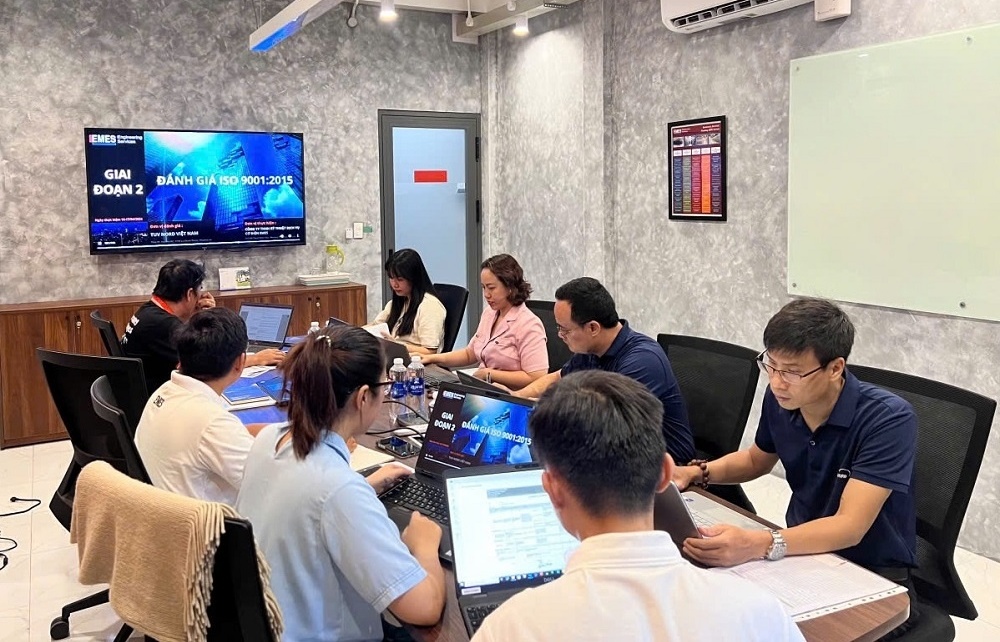
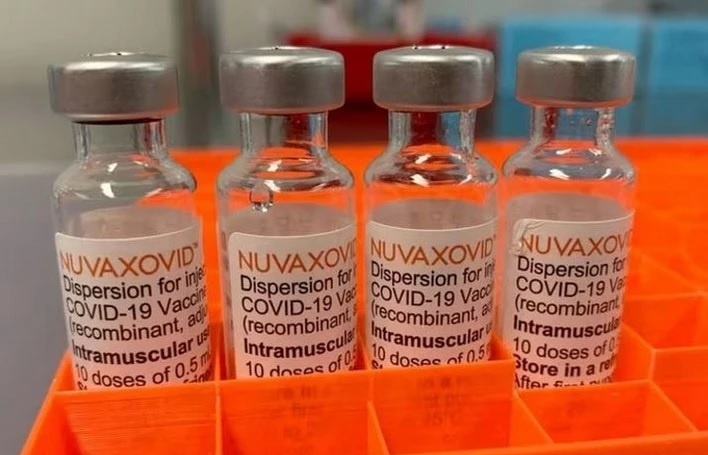
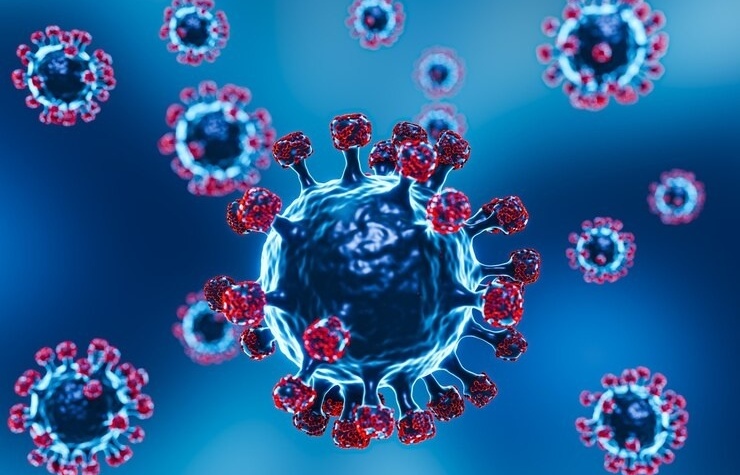
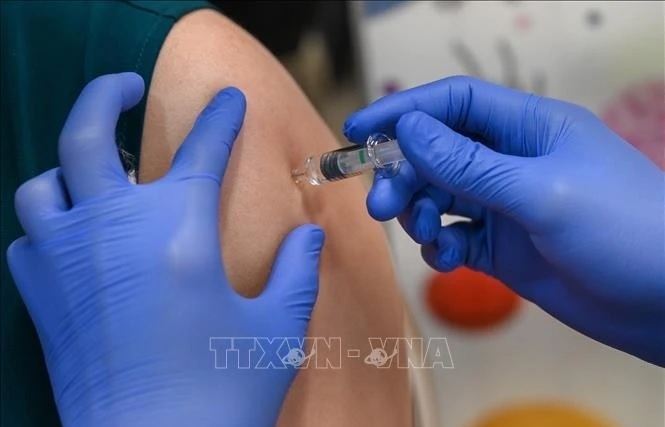
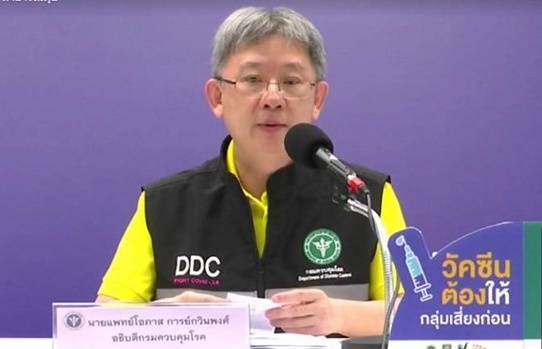
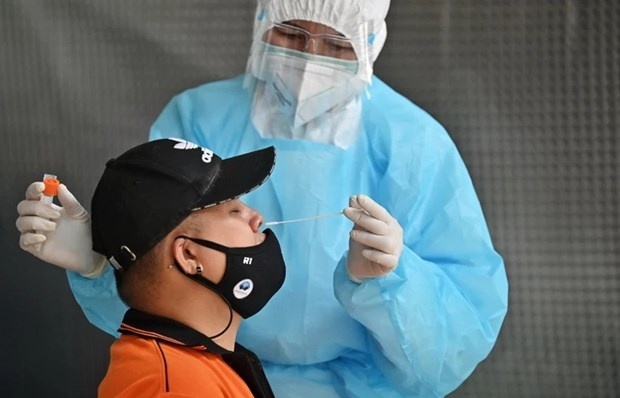
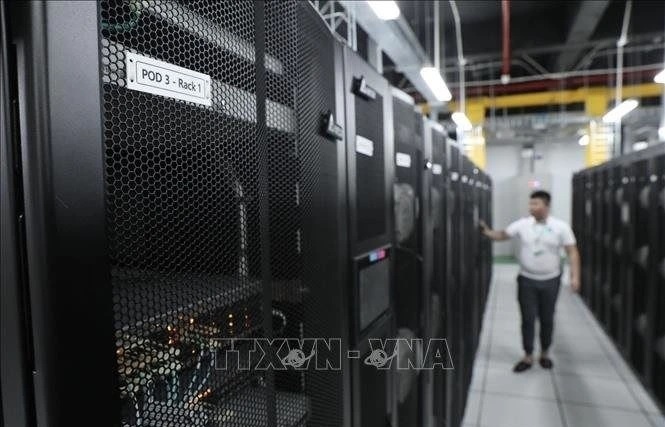
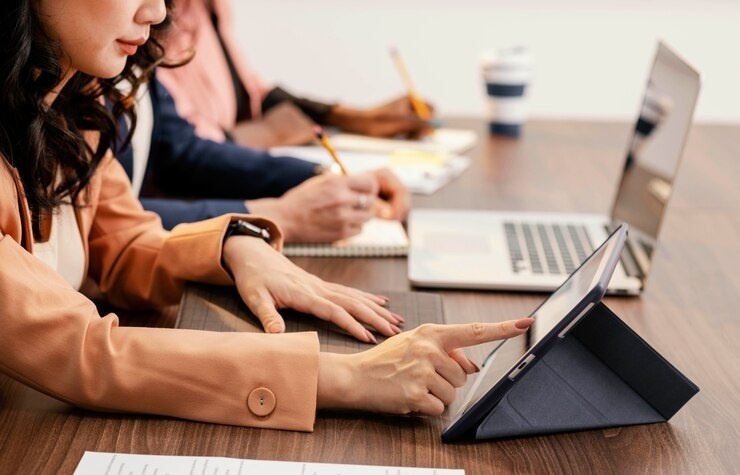
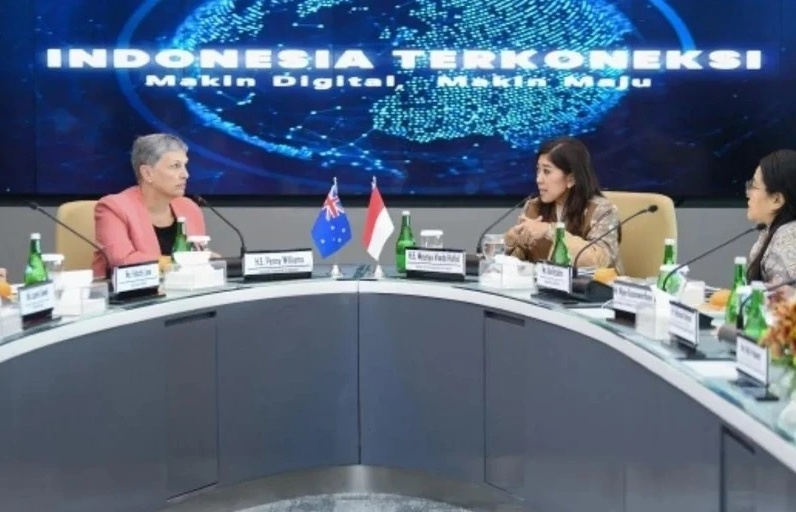
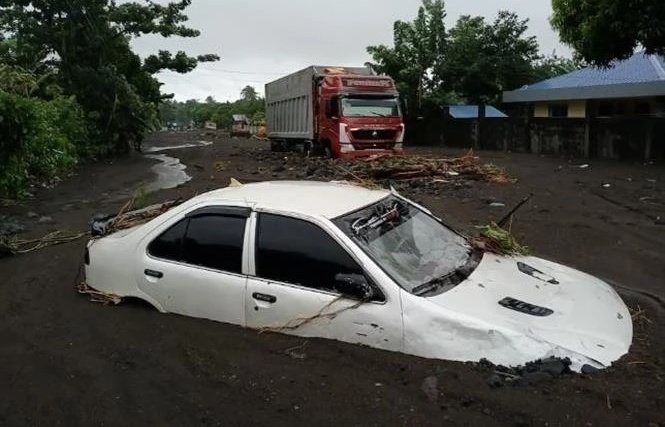
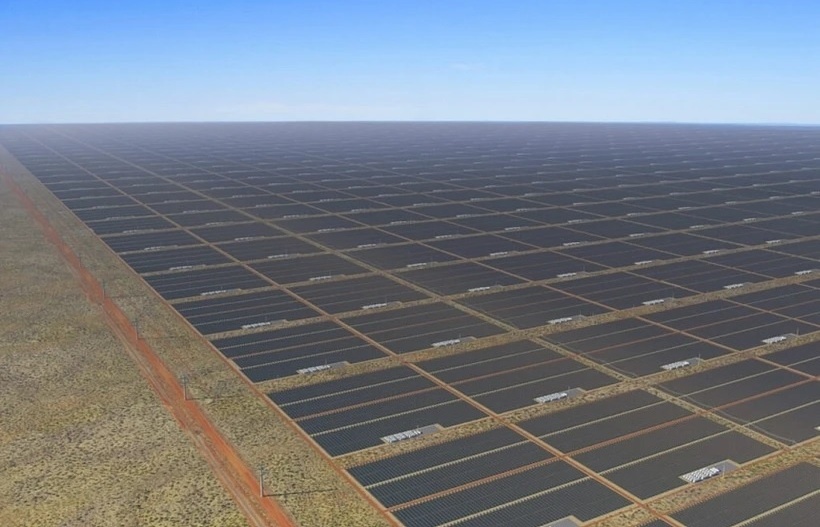
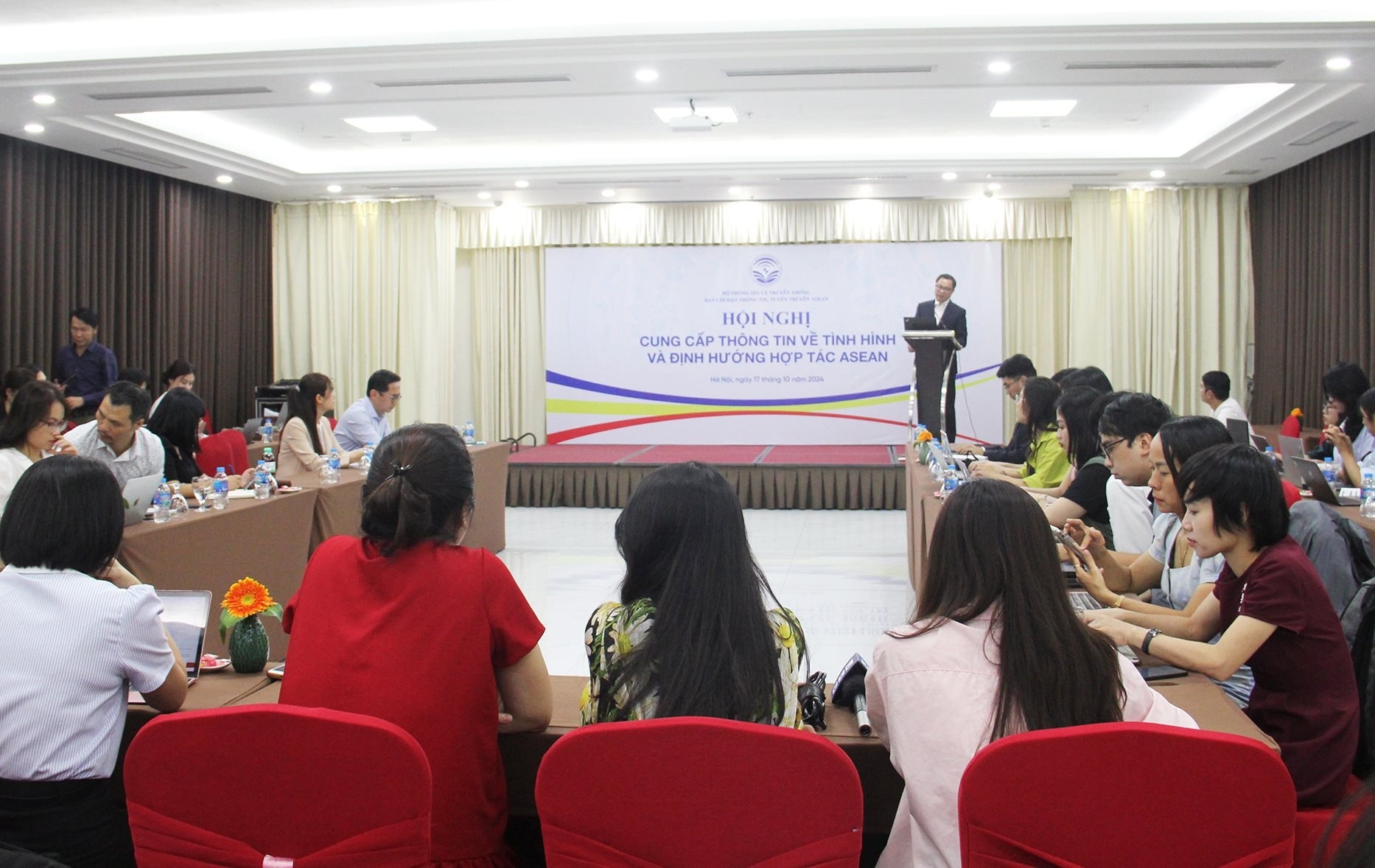
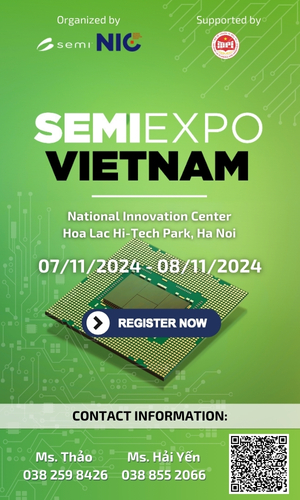
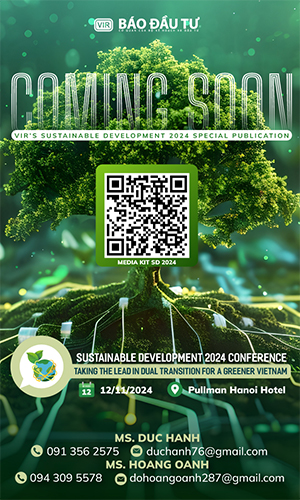


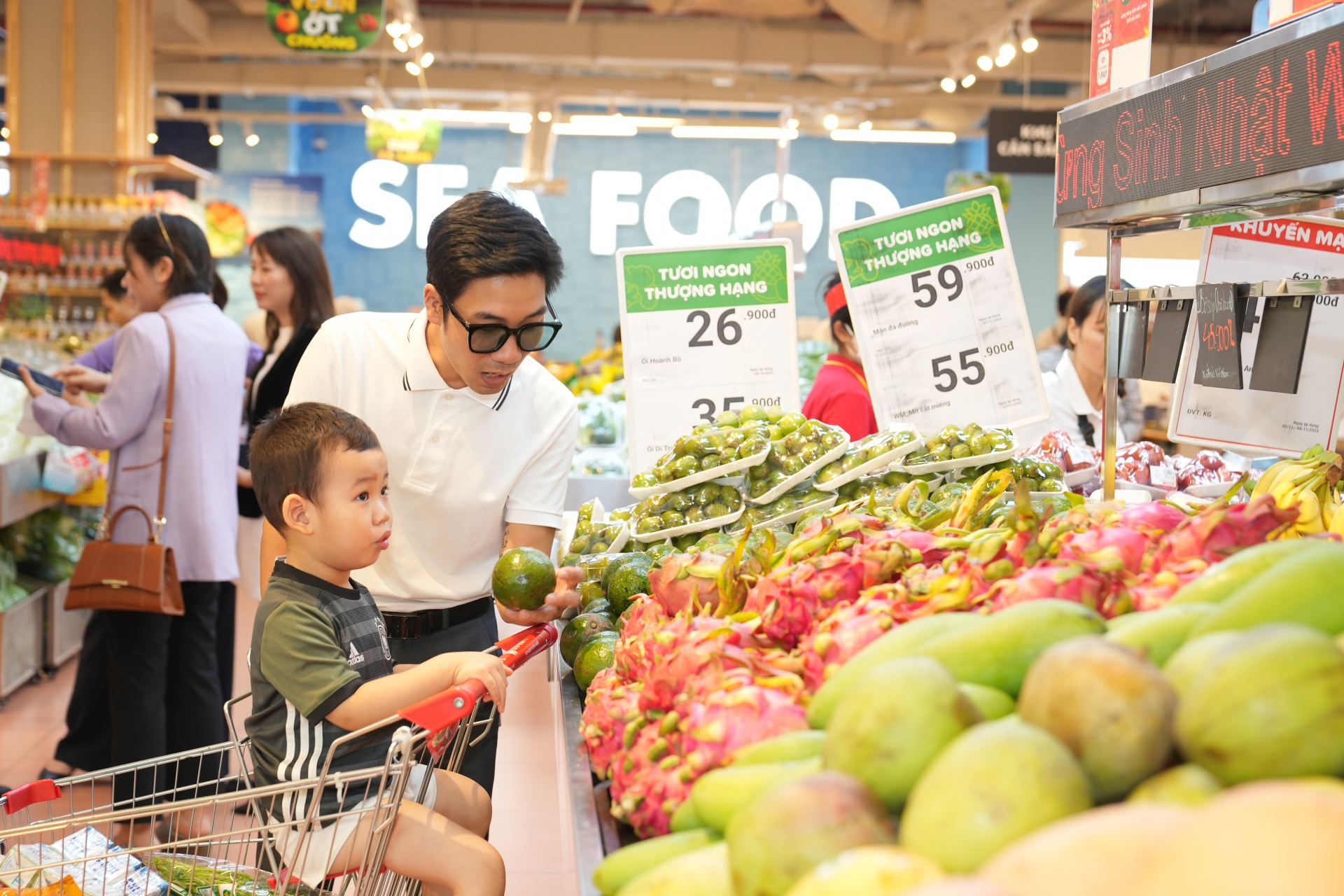
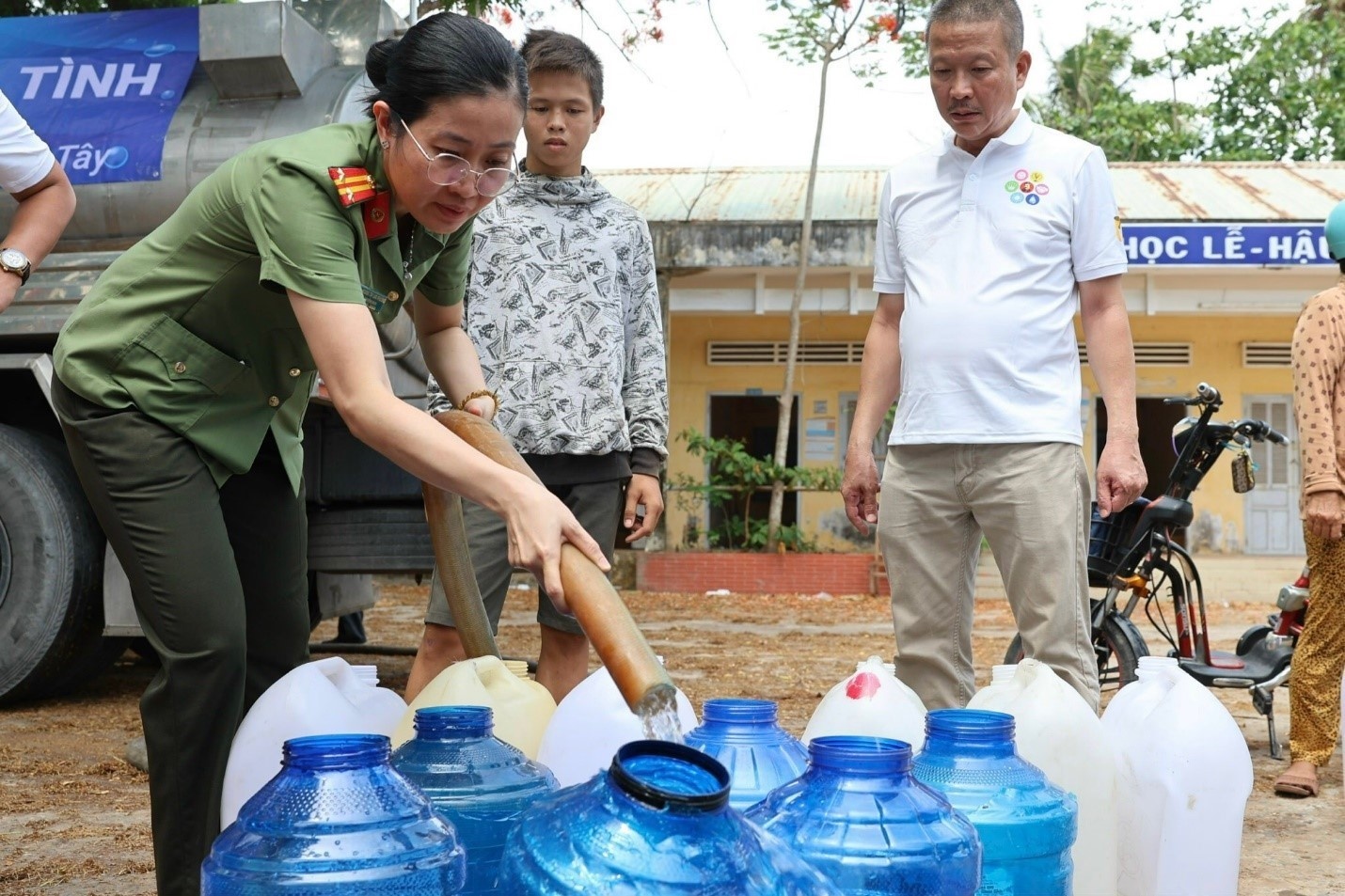
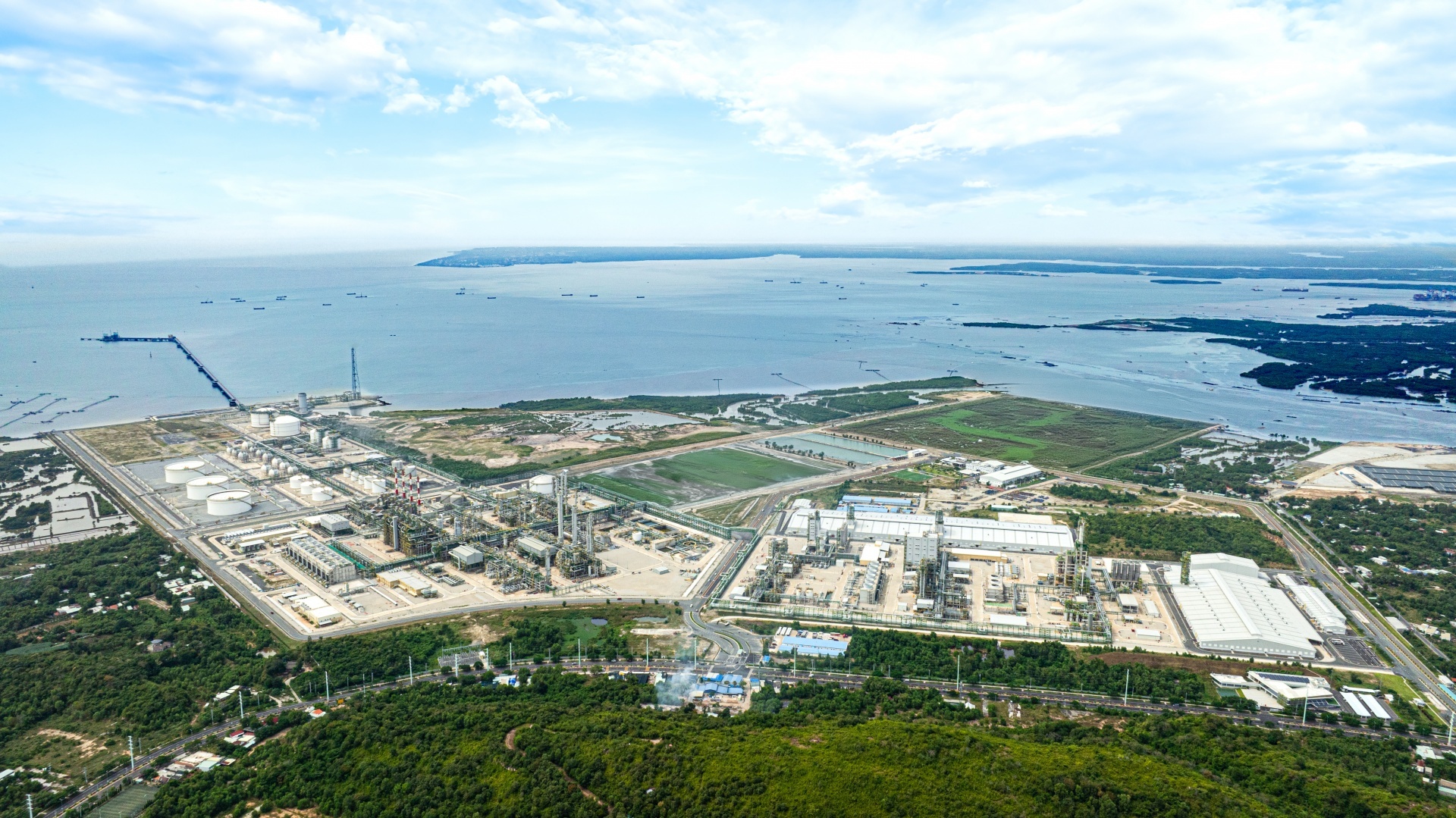
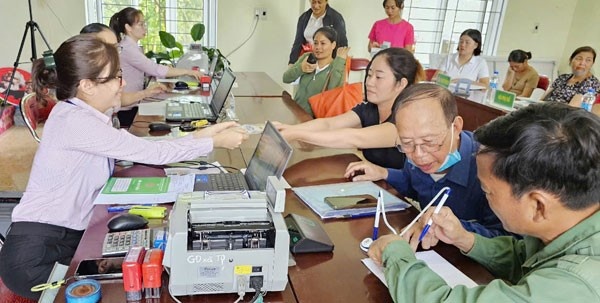



 Mobile Version
Mobile Version